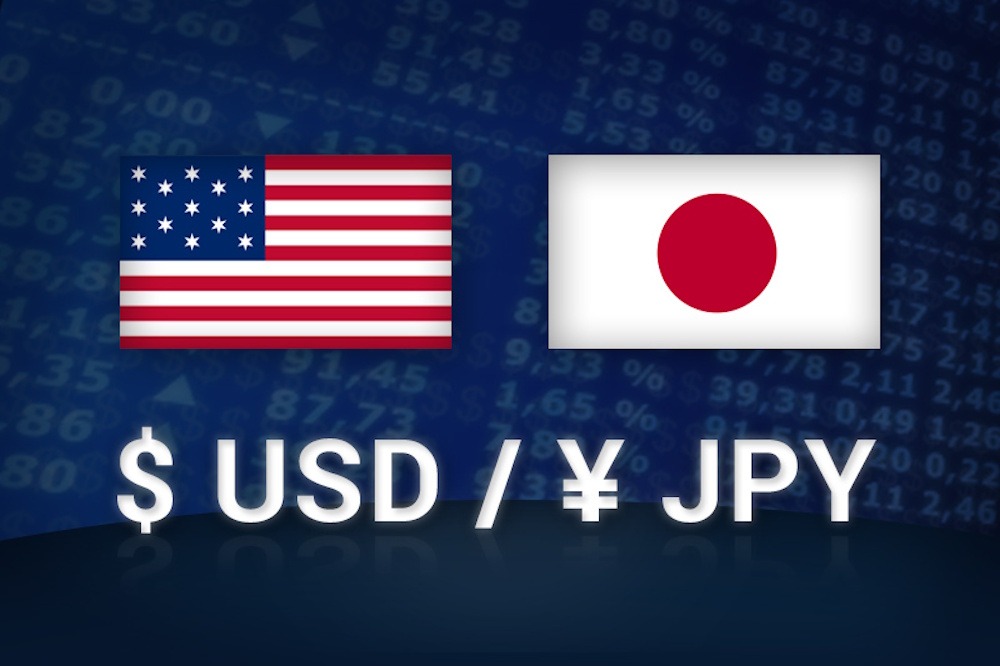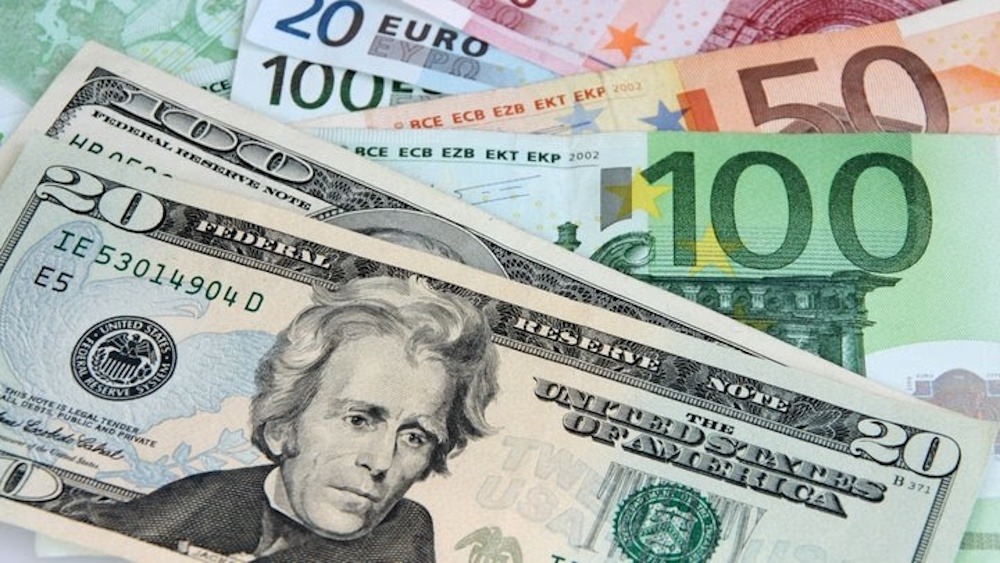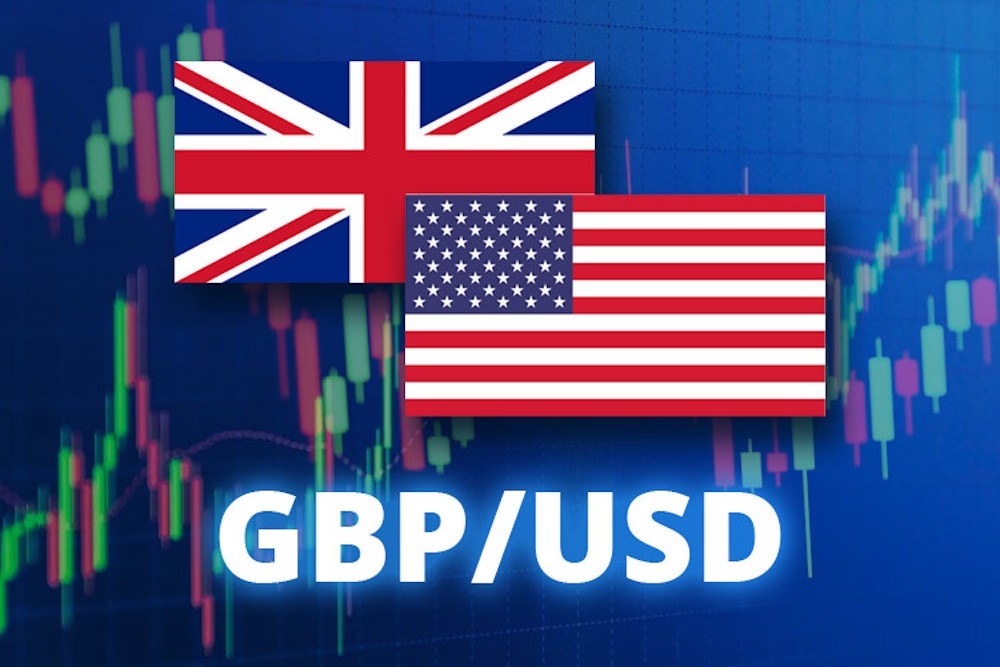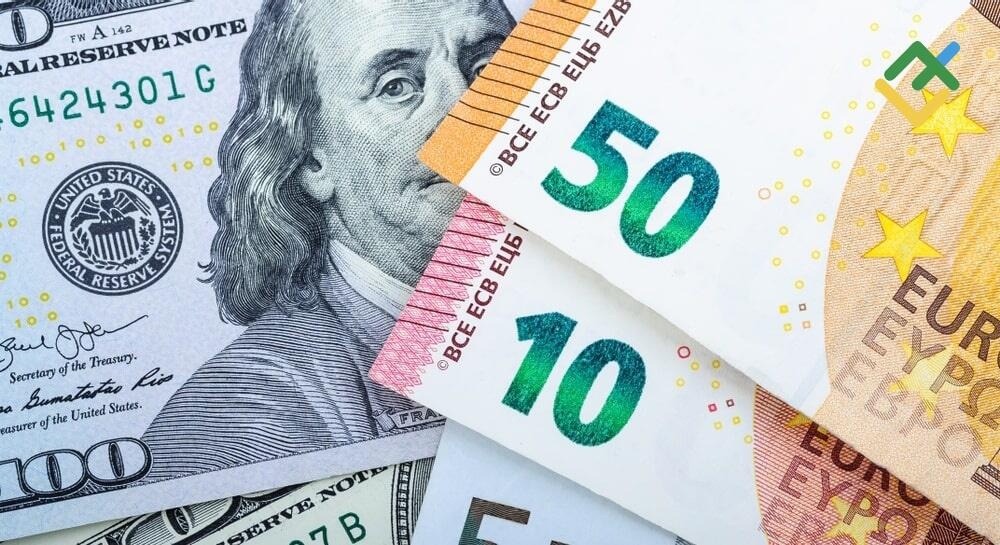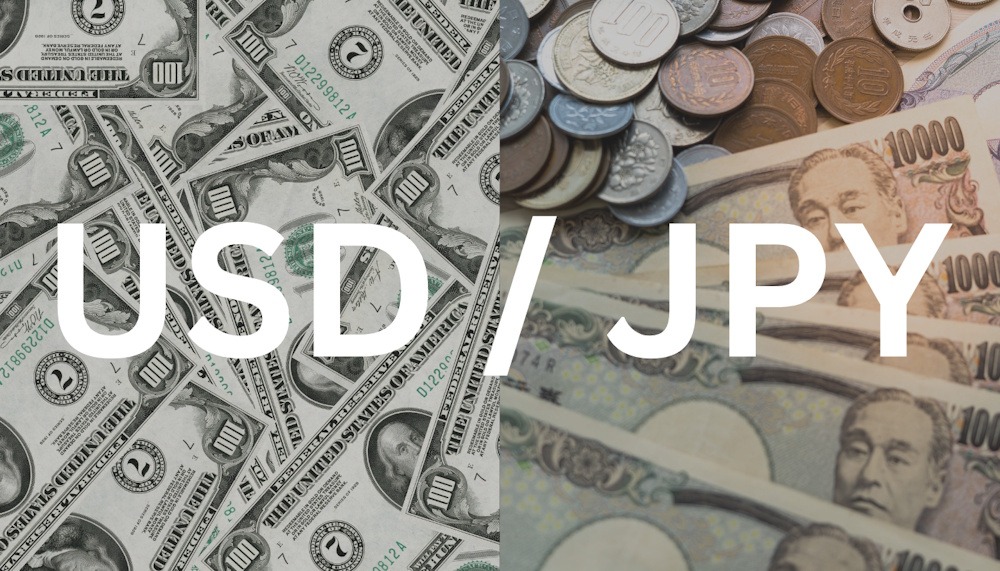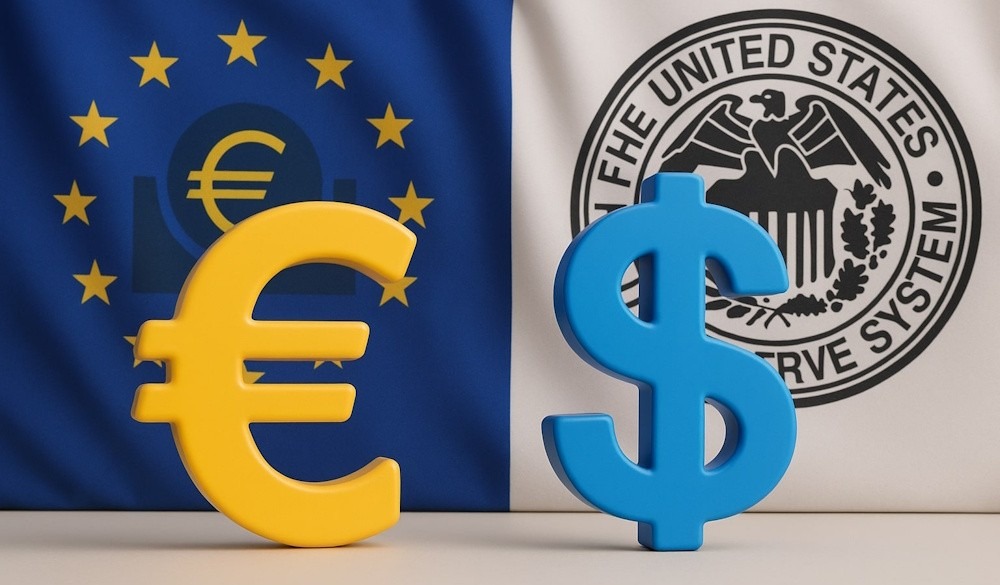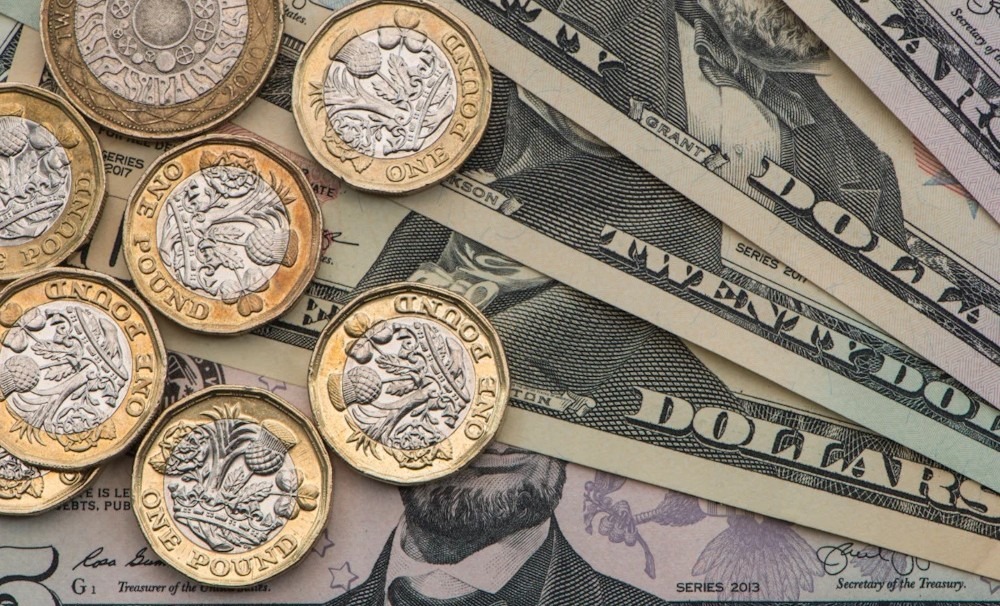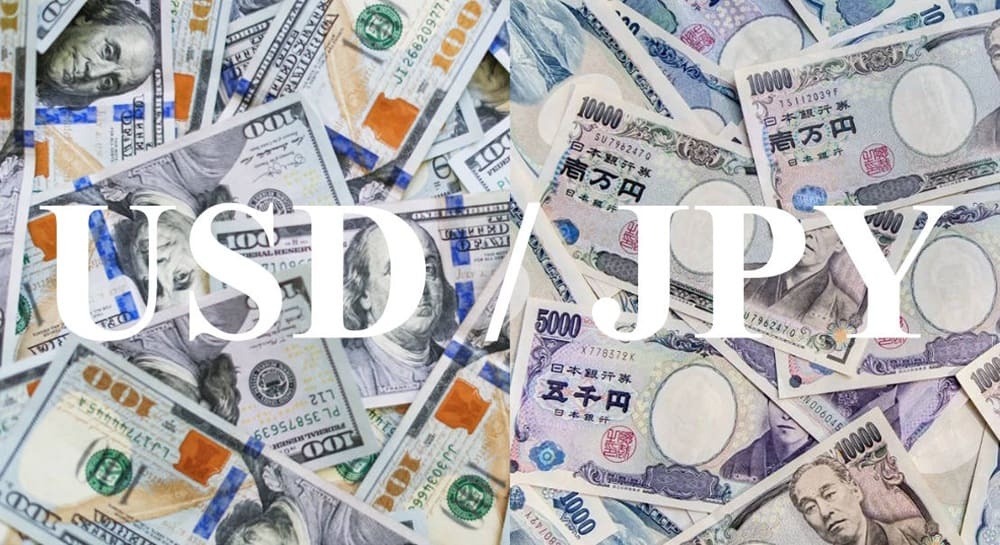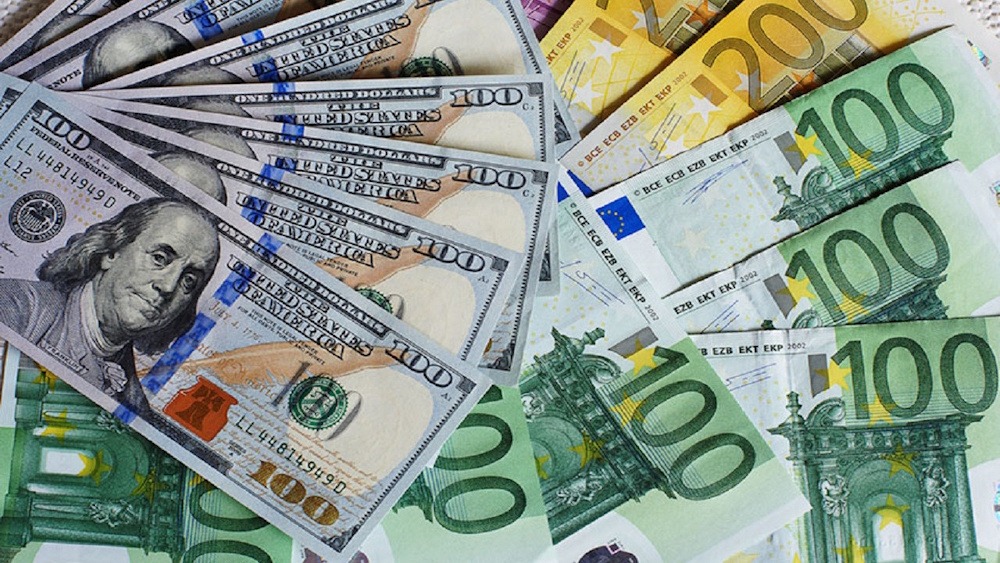EUR/USD holds steady around 1.1740 as Fed hints at easing pause
EUR/USD remains steady at approximately 1.1741 on Friday, showing little movement, as a series of Federal Reserve officials make statements, following the 25 basis points rate cut announced last Wednesday. Federal Reserve representatives emphasize worries about inflation, solidifying a cautious approach following the rate reduction on Wednesday. The attention of the market shifts towards postponed … Read more


